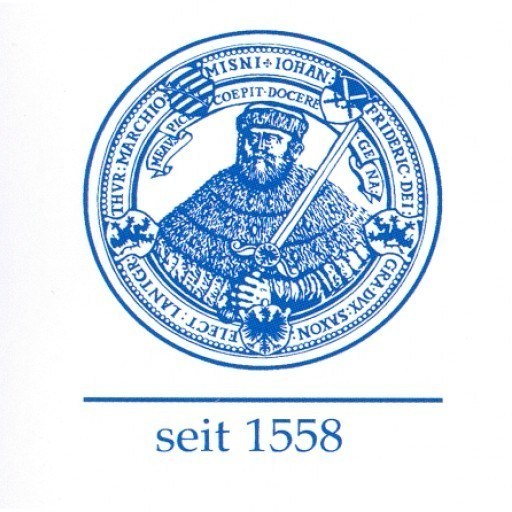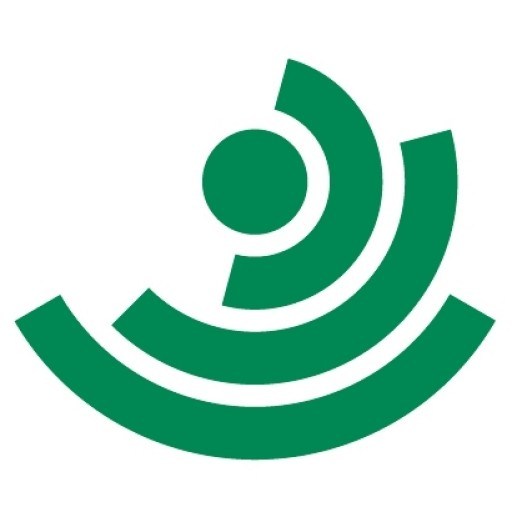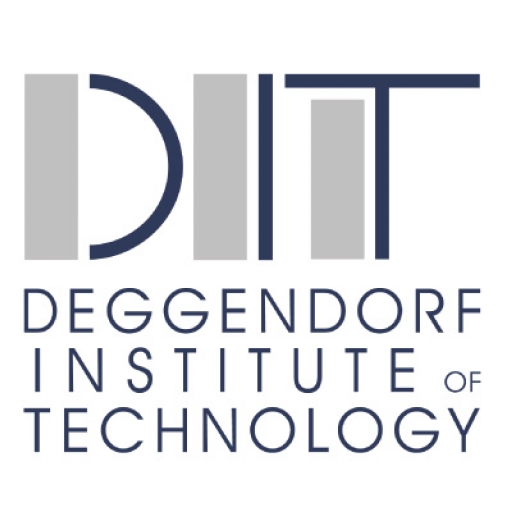Photos of university / #unijena
The Master of Science in Molecular Medicine at the University of Jena is a comprehensive interdisciplinary program designed to provide students with in-depth knowledge and practical skills in the field of molecular biology and its applications to medicine. This program aims to equip future researchers, clinicians, and industry professionals with a solid understanding of molecular mechanisms underlying human health and disease, as well as advanced techniques for research and diagnostics. The curriculum balances theoretical foundations with practical laboratory experience, fostering critical thinking and innovation. Students will explore areas such as cellular and molecular biology, genetics, biochemistry, immunology, and systems biology, with a focus on translational research that bridges laboratory findings and clinical applications. The program also emphasizes the development of essential skills in experimental design, data analysis, and scientific communication. Through a combination of lectures, seminars, laboratory work, and independent research projects, students gain hands-on experience with state-of-the-art technologies in molecular diagnostics, genomics, proteomics, and bioinformatics. The Master's program prepares graduates for careers in biomedical research, pharmaceutical development, clinical diagnostics, and academia, among others. Students benefit from the university’s strong collaborations with medical and research institutions, facilitating internships and research opportunities that enhance practical training. The program is delivered in a flexible structure, allowing students to tailor their focus areas according to their interests and career goals. Upon graduation, students will be well-equipped to contribute to innovative solutions in personalized medicine, molecular diagnostics, and therapeutic development. The University of Jena’s Master of Science in Molecular Medicine offers a rigorous academic environment, cutting-edge research facilities, and a vibrant academic community dedicated to advancing knowledge in molecular medicine and improving human health worldwide.
Educational organisation
The first year of the Master's programme is divided into five mandatory modules: Molecular Pathology, Molecular Pharmacology, Human Genetics, Clinical Chemistry/Molecular Diagnostics and Medical Biometry. In addition, students may select two of the fifteen compulsory elective modules dealing with clinical research topics (Molecular Intensive Care, Gynaecology and Obstetrics, Cardiology, Molecular Genetics, Molecular Oncology, Neuroscience, Rheumatology, Transgenic Animals, Medical Microbiology, Medical Immunology, Gene-environment Interaction in Lifestyle Diseases, Experimental Surgery, Experimental Nephrology, Bioinfomatics, Molecular-Biological Approaches in Medical Research and Diagnostics) consisting of lectures, seminars and a block of practical training. The second year is devoted to in-depth instruction on special problems in molecular pathology and pharmacology. For most of the second year, intensive experimental work on a research project in one of the participating institutes will provide further practical skills and form the basis for the completion of the Master's thesis.Part-time studies may be permitted by the board of examination.
Study abroad unit(s)
NoneInternships
Not systematically providedForms of assessment
Each of the modules of the Master's programme is concluded with an exam. Exams include multiple choice questions, essay questions, oral presentations and written reports. The overall grade is a combination of the module grades and the grade of the Master's thesis (written in English and with a public viva voce exam).Course objectives
The consecutive course in Molecular Medicine provides theoretical and practical insights into different areas of biomedicine. The knowledge imparted should enable students to conduct biomedical research or to work in medical biotechnology. The course reacts to the rapidly increasing demands of biomedical research institutes and pharmaceutical industry for scientists with combined expertise in medicine and natural/life sciences.During the course of studies in Molecular Medicine, great value is placed on substantial lab experiments in the research labs of the university hospital, which teaches students modern methods of biomedicine. To this end, students work in two to three different labs. Thus, they become acquainted with a relevant spectrum of essential research methods. This component of the programme further strengthens the students' ability to tap into previously unfamiliar methods mentioned in literature.
Language requirements
Non-native English speakers must prove proficiency in English in order to meet the requirements of courses given in English and to be able to write their Master's thesis in English.Academic requirements
Bachelor's degree in biochemistry/molecular biology or in a relevant/comparable discipline such as natural science, life science, medicineEnrolment fees
Semester fee (Student Services and Student Self-Government) including semester ticket for free use of public transport: approx. 190 EUR per semester and a one-off fee of 20 EUR for a multifunctional student ID card (Thoska)Costs of living
We recommend that you budget at least 600 EUR per month for accommodation and food, and for books a further 50 EUR per semester.Job opportunities
Generally possible, depending on visa requirements and current availabilityArrival support
Students are advised to arrive at Jena University by 1 October for the winter semester. Before classes start, Jena University offers an orientation week in order to introduce international students to the city and university. Information about the orientation week is sent with the letter of admission.Services and support for international students
At the Friedrich Schiller University Jena, the International Office assists all international students and can direct them to the department responsible for answering whatever questions they may have. Jena University has ERASMUS agreements with more than 200 European partners and 30 bilateral agreements with partners in Eastern and South-Eastern Europe, the USA, Canada, and Japan. 2,200 international students come from 85 countries.There is a comprehensive programme of counselling, administrative support, language courses, and tutoring for incoming students. The International Office also arranges accommodation for students who come to Jena on exchange or scholarship programmes.
The rooms in the student residences are distributed by Student Services ("Studentenwerk Thueringen": http://www.stw-thueringen.de). Private apartments are also available, but students must find them on their own. Student mentors assist incoming students by meeting them at the train station, showing them to their rooms, introducing them to the university and its facilities, familiarising them with the city of Jena, introducing them to student life, and helping them with their paperwork. Student associations and groups offer a wide variety of joint activities and events, tandem language courses, concerts, excursions, etc., all of which help the international students to feel welcome and integrated. The Language Centre offers German language courses at several different levels.
Accommodation
Accommodation in student residences is available. Please apply at the "Studentenwerk Thüringen" (http://www.stw-thueringen.de).For further information, please visit our website at http://www.stw-thueringen.de/english/housing/wohnen.html.
You can also look for single or shared private accommodation yourself. In the buildings of the university, there are numerous information boards with accommodation offers. Note, however, that the availability of private accommodation in Jena is rather limited.









